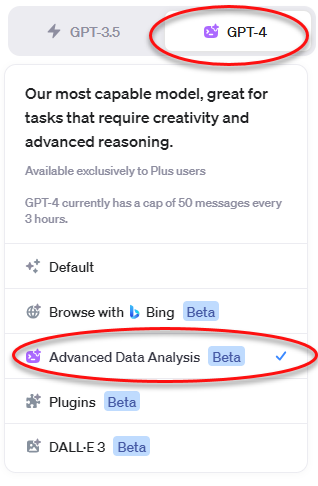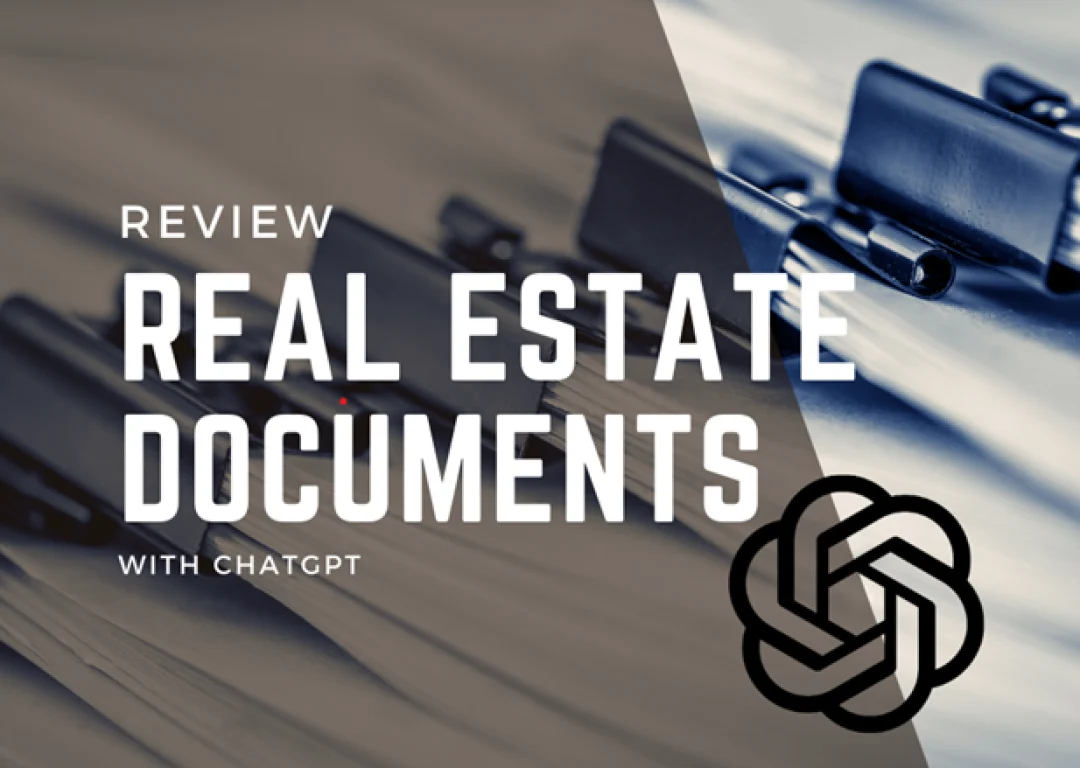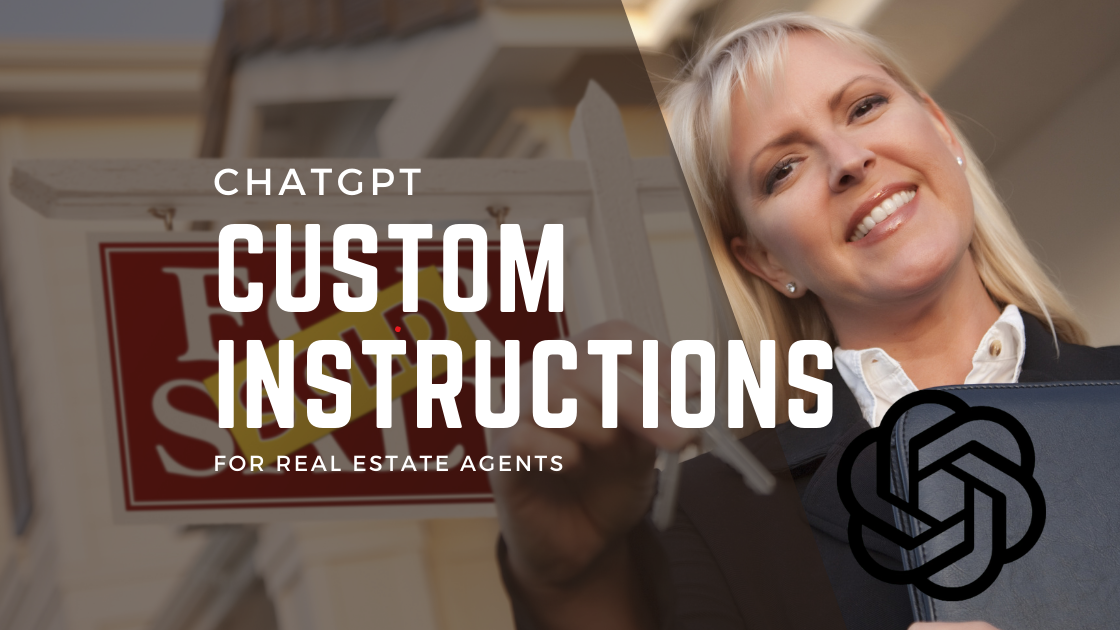Leveraging ChatGPT for Real Estate Document Review
As a real estate agent, you and your clients will be inundated with legal documents. Most documents are boiler plates but they are typically lengthy. The right way for document review is to have a lawyer review them. But there are situations where a lawyer is not readily available. This is where OpenAI’s ChatGPT can come in handy. In this blog, we’ll show you how you can use ChatGPT to review legal documents in a pinch
ChatGPT Plus
For analyzing legal documents, you will need to use ChatGPT Plus which is the paid version (See our blog, Real Estate Agents: ChatGPT Plus (Paid) vs. ChatGPT (Free) ). This will give you access to ChatGPT-4 and the Advanced Data Analysis feature. To access the Advanced Data Analysis feature, start a new chat and click on GPT-4 and select Advanced Data Analysis.

In the text field, you will see the addition of a plus icon. When you click on that icon, you’ll have the ability to upload PDFs. You can even add multiple files in the prompt.

Capabilities
From ChatGPT itself, here are the capabilities in terms of legal document review:
- Text Summarization: Extracting key points or clauses from lengthy contracts or documents.
- Sentiment Analysis: Gauging the tone of the text, which could be useful for understanding the intent of a document.
- Keyword Extraction: Identifying critical terms or phrases that are repeatedly mentioned, giving you a high-level view of the document’s focus.
- Pattern Recognition: Spotting inconsistencies or anomalies in clauses or sections that deviate from a standard or template.
Limitations
Also from ChatGPT itself, here are the limitations when using it to review legal documents:
- Legal Expertise: While the model has general knowledge about legal terms and concepts, it’s not a substitute for professional legal advice.
- Context Sensitivity: Legal documents often depend heavily on context, which may be beyond the scope of the model’s understanding.
- Data Security: Sensitive information in legal documents should be handled with care, and currently, this environment doesn’t offer end-to-end encryption.
Prompts
The following are prompts that can be used in reviewing legal documents:
- Content Summarization: “Summarize the key clauses of this lease agreement.”
- Obligations and Rights: “Identify the obligations of the landlord and tenant in this agreement.”
- Risk Assessment: “Highlight any clauses that could pose a legal risk.”
- Comparative Analysis: “Compare this contract with our standard real estate purchase agreement.”
- Demystify Legal Jargon: “List all legal terms used in this document and provide their definitions.”
I’ve personally used ChatGPT to review legal documents and it’s actually caught issues that my lawyer didn’t. That said, ChatGPT isn’t a replacement for a legal advisor, but when you can’t find a lawyer or time is of the essence, it’s a good substitute.
About the Author

Rich Foreman is the Chief Operating Officer and Co-Founder of MarketingHero Inc., bringing a wealth of experience to the role. His career highlights include being the Founding Chief Technology Officer at CORDICO, where he spearheaded the development of the innovative CordicoShield / CordicoFire Wellness App. This noteworthy accomplishment earned CORDICO the Sacramento Innovation Award in 2021 and led to the company’s acquisition by Lexipol in 2020 after generating a seven-figure annual recurring revenue.
Rich’s academic credentials are just as impressive. He holds a Bachelor of Science in Industrial Engineering from the University of Washington, and a Master of Public Administration from Troy State University. His continuous thirst for knowledge is evident in his completion of certificate programs in Artificial Intelligence from esteemed institutions, namely MIT and UC Berkeley.
As a former officer in the U.S. Navy, Rich brings discipline and strategic thinking to his work. His entrepreneurial spirit is demonstrated in his co-authored book, “Tap into the Mobile Economy,” and his leadership roles in various startup organizations. He served as the Founding Director of the Sacramento Chapter of Startup Grind, and he continues to actively participate as a board member of StartupSac.
In addition to his technological prowess and strategic leadership, Rich has also demonstrated his business acumen in his co-founding of Apptology, which was recognized as Small Business of the Year in 2014 by the Sacramento Asian Pacific Chamber. Rich’s expertise and achievements have led to features on various media platforms, including KCRA3, NEWS10, 1170 Tech AM PowerDrive, Business Radio Money 105.5, SiliconIndia, the Sacramento Business Journal, and the Sacramento Bee. Moreover, Rich has dutifully served his community as a Utility Commissioner for the City of Folsom.






